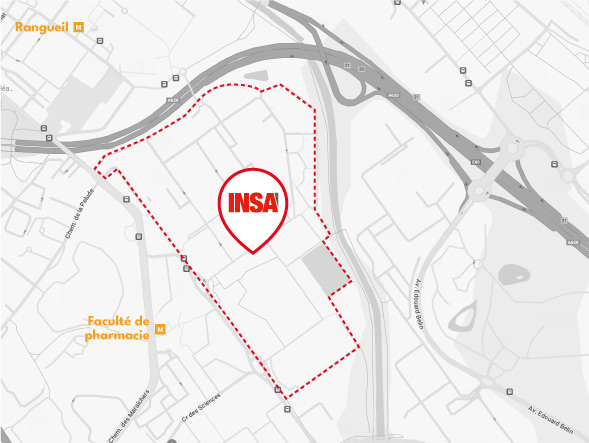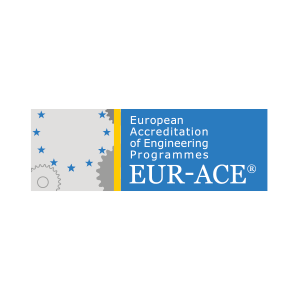Objectifs
- Network interconnection part:
the basic concepts and techniques allowing interconnecting local area networks in the Internet: repeater, bridge, routerthe basic concepts and techniques allowing interconnecting LAN in the Internet : subnetting, CIDR, VLAN, VPN, applicative proxy, NATthe main protocols of the TCP/IP Internet architecture : UDP, TCP, IP, ARP/proxy ARP, ICMP, DHCP (Note : RIP, OSPF and BGP are briefly introduced).
- Distributed algorithm part:
principal characteristics of the distributed systems (asynchronism, distribution of control and the data, absence of common knowledge, dynamicity,…),their specific problems and the difficulty of their solution in a distributed context (mutual exclusion, management of the shared data, distributed choice, diffusion, detection of the termination,…),some generic algorithmic tools allowing to solve them: causality, distributed recursivity (waves) and distributed iteration (phases), specific topological structures.
- Security part:
principles of computer security through the properties that characterize it as well as the classification of the major threats and the corresponding countermeasures,main vulnerabilities of computer networks, in particular the Internet network as well as the corresponding countermeasures,main software vulnerabilities as well as some countermeasures.
The student will be able to:
- Network Interconnection part:
do architecture choices allowing to take into account requirements and constraints associated to a LAN interconnection,do basic or complex addressing and routing schemas,set up (administrate) Ethernet and IP networks in the basic and advanced interconnection contexts considered in the course.
- Distributed algorithm part:
solve generic problems involved in the implementation of systems distributedhandle the most general tools allowing to conceptualize them.
- Security part:
analyse a computer network and its applications in order to identify the main vulnerabilities, from software and network point of view
propose corresponding countermeasures to improve the security of the whole system
Pré-requis
Évaluation
L’évaluation des acquis d’apprentissage est réalisée en continu tout le long du semestre. En fonction des enseignements, elle peut prendre différentes formes : examen écrit, oral, compte-rendu, rapport écrit, évaluation par les pairs…













